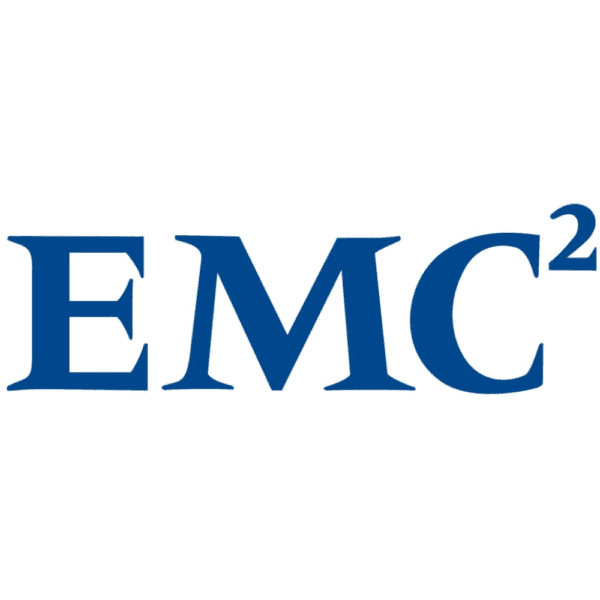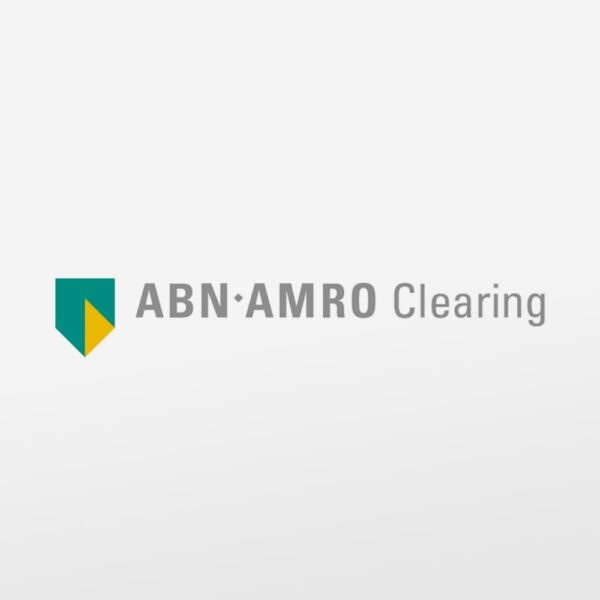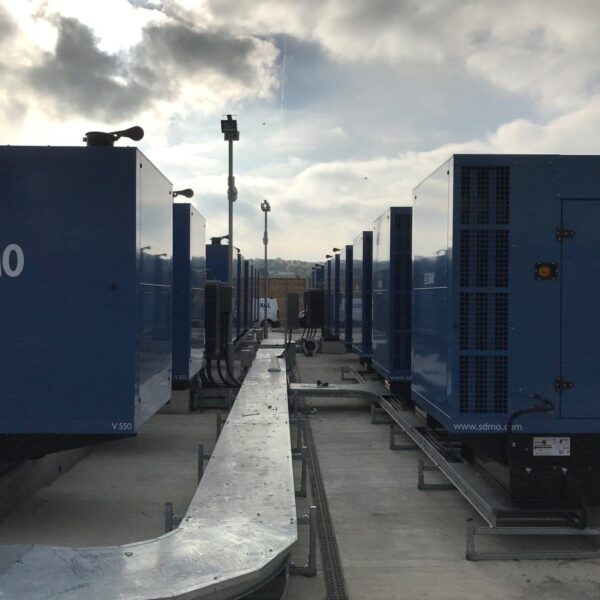Healthcare estate managers seeking advice on how to integrate their UPS systems into their facility’s environment can find help within The Department of Health’s ‘Health Technical Memorandum 06-01’ (HTM 06-01). This document covers electrical services supply and distribution. It gives guidance to healthcare estate managers on providing safer, more resilient electrical systems within their premises that support the requirements of regulators and ensure a safe environment for patients and staff.
The document considers UPS power supplies as integral parts of the power distribution system. Its advice covers environmental factors affecting uninterruptible power supplies and their batteries. It points out, for example, that for a retrofit UPS systems design into existing buildings, desktop designs – while appearing the optimum solution – may not work due to space limitations, lack of alternative supplies, weight limits on structured floors or other reasons. A bespoke UPS design should be considered, to provide the best redundancy and emergency solutions. Modular UPS systems, which can be installed into limited space, yet scaled to support future load growth, offer a useful back up power supply solution in a healthcare environment.
In all cases, designers should consider the local space and location of the uninterruptible power supply. Floor loading, heat generation, room conditions such as dust and proximity to wet services, especially if located above and easy access for regular maintenance of UPS systems. All these conditions may affect equipment life, reliability and resilience. Even the most efficient double-conversion UPS systems will radiate a small percentage of their input power as heat; this must be vented, preferably naturally.
UPS battery care is also essential
HTM 06-01 covers UPS batteries and favours Valve Regulated Lead Acid (VRLA) types. Being virtually zero-gassing, they present a lower environmental hazard to the UPS power supply and its surrounding area. They are low-maintenance items with reduced requirements for vented gas extraction. Although these UPS batteries will function for a short time over a wide temperature range – typically from -15°C to +50°C – their ambient temperature should be kept as close as possible to +20°C. Otherwise, life expectancy will be reduced considerably; typically to 50 per cent at 30°C and 25 per cent at 40°C.
With continued operation at high temperatures, UPS batteries can also become a fire hazard as the casing can split causing acid to spill, causing possibly uncontrolled battery DC earth faults. It is therefore essential that the battery’s environment has ventilation/cooling sufficient to maximise UPS battery life.
Consideration should be given to monitoring the temperature (remote alarm) of the environment in locations containing uninterruptible power supply batteries, allowing rapid response to any problem. Correct charging of UPS batteries is also very important. Therefore, any charger should meet appropriate standards and conform with the UPS battery manufacturer’s requirements.
More in-depth advice: the KUP UPS Handbook
The document also states environmental conditions should control the room space to the limits recommended by trusted uninterruptible power supply manufacturers like KUP. KOHLER Uninterruptible Power addresses provide specifications with each UPS system it offers and more broadly through its UPS Handbook. This Handbook, available from KUP, includes a section on environmental UPS considerations. Humidity and audible noise, as well as heat considerations, are addressed, along with advice on transporting a UPS to site and then positioning it into a suitable location. Depending on the UPS size, this could be in an office, computer room, UPS room, comms room or existing plant room.
Additionally, the Handbook covers UPS battery health factors including their storage, care, maintenance and monitoring.
From the Handbook, and the HTM 06-01 Memorandum, it’s clear that providing the right environment is essential to UPS and battery reliability and longevity. It’s also important to manage any impact the back up power supply may have on its environment. However, success equally depends on selecting components of good quality and well-suited to their application – and then setting up a UPS maintenance strategy to sustain optimum performance.
Accordingly, it always pays to discuss your UPS installation requirements with a reputable UPS supplier like KUP. With a wide-ranging UPS product range, expertise, and nationwide UPS service coverage essential for assuring that all of the above factors are in place.
If you have any questions about our uninterruptible power supplies or UPS services please get in touch with KOHLER Uninterruptible Power via our contact page or call us on +353 (0)14606859.




